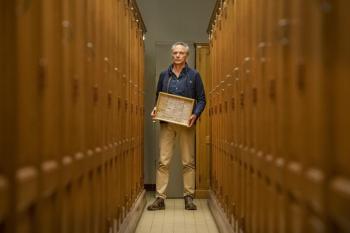Two novel sets of fruit fly reference specimens for the insect collections of the Eduardo Mondlane University (Mozambique) and the Sokoine University of Agriculture (Tanzania)

We encourage and actively contribute to the establishment of insect reference collections to be maintained in Africa. These collections represent a valuable tool for in situ fundamental and applied research and for North-South and South-South training on insect identification. In this context, the large collections made within the framework of the AGROVEG, DISPEST and ISeBAF projects (in total comprising close to 100,000 specimens) and jointly identified by researchers in Belgium, Mozambique and Tanzania, will remain deposited in the respective collections of the African partners where they were collected.
Recently a checklist of the dacine fruit fly fauna of the two countries was jointly composed (see here and here). In relation to this, a dedicated reference collection of the main fruit fly species recorded from each country was compiled for depository at the respective partner institutions. This was complemented by a virtual collection of high-resolution images for those species for which no physical reference material is available.
Only part of the samples collected by the projects will be incorporated in insect reference collections in Belgium (indicatively, less than 5%), predominantly for storing at extreme low temperatures to preserve them for future molecular research. In this respect, RMCA relies on dedicated infrastructures to increase the long-term preservation of vouchers, of their DNA as well as the long-term storage of metadata, genomic data, DNA and RNA extracts. As per established procedure over the past few years, the insect vouchers which will be kept at RMCA are not property of RMCA but are included in our collections as long-term loans from our African partners.
The collection of samples in our collaborative research in Africa is implemented within the legislative framework established by the Nagoya Protocol on Access and Benefit-sharing (ABS). Whenever ABS is not implemented (as it happens de facto in several African countries), the intellectual and physical property of samples collected in our research projects is regulated by Mutually Agreed Terms (MATs) on the use of genetic resources. These documents, fully adhere to the principles and ethics of the Nagoya protocol.